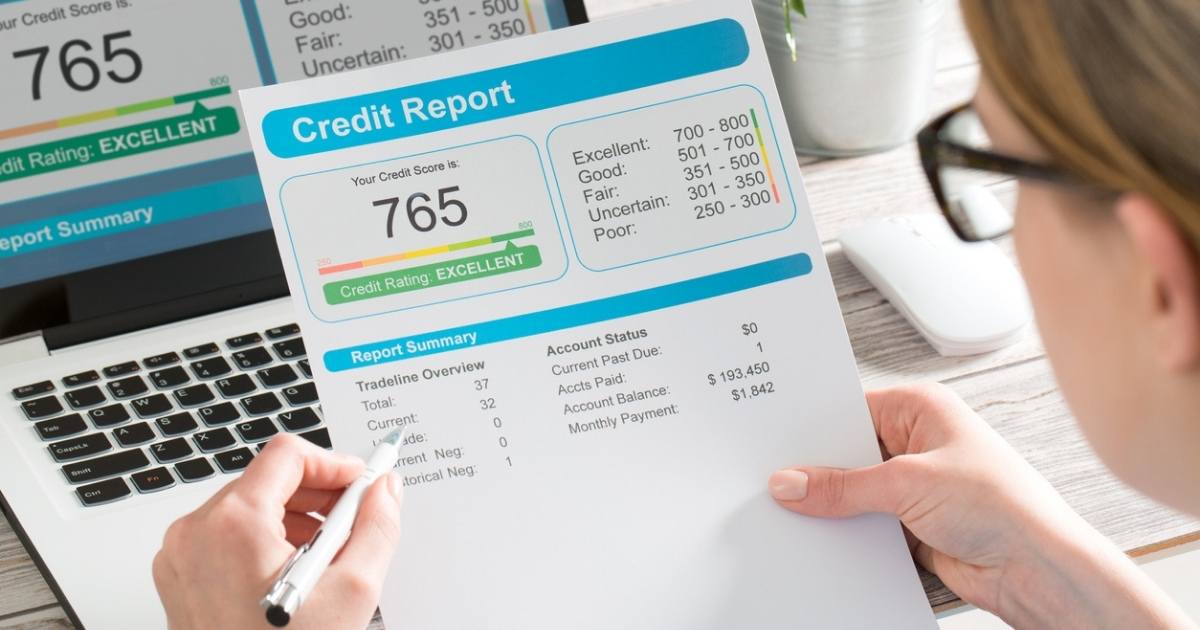Social Security is a benefit to almost every working American, but it seems like no one really understands it. My goal with this two-part series is to highlight some of the most important rules, mention a few of the strategies and special circumstances, and emphasize how important it is that every person works with a professional to create a claiming strategy for their particular situation. Don’t guess!
In this first part, I want to answer some basic social security questions and review some important terms.
Who is eligible?
When you work and pay Social Security taxes, you earn “credits” toward Social Security benefits. The number of credits you need to receive retirement benefits depends on when you were born. If you were born in 1929 or later, you need 40 credits (10 years of work). If you stop working before you have enough credits to qualify, the credits will remain on your Social Security record. If you return to work later, you can add more credits to qualify. You will not receive any retirement benefits until you have the required number of credits. They are not prorated.
When can someone receive benefits?
The easy answer is 62. People can start to collect their benefits at age 62, but it is often advised to wait longer because there is a penalty for claiming before your full retirement age (see chart below).
Important definitions to know
Primary Insurance Amount (PIA)
Your base monthly benefit. It is calculated at age 62, based on your highest 35 years of earnings. It’s the amount you will receive if you file for Social Security at your full retirement age.
Full Retirement Age (FRA)
This is not necessarily the age YOU plan to retire. Rather, it’s the age at which you can claim full, unreduced Social Security benefits. This used to be 65 for everyone. Now a higher age is being phased in as a result of the 1983 amendments. For everyone born between 1943 and 1954, full retirement age is 66. For everyone born in 1960 and later, full retirement age is 67. For those born in 1955 through 1959, full retirement age is 66 plus some number of months (see chart below and take note of your FRA).
| Year of Birth | Full Retirement Age |
| 1943-54 | 66 |
| 1955 | 66 and 2 months |
| 1956 | 66 and 4 months |
| 1957 | 66 and 6 months |
| 1958 | 66 and 8 months |
| 1959 | 66 and 10 months |
| 1960 and later | 67 |
Claiming before the above-noted age results in a lower monthly benefit. We call this the actuarial reduction.
Claiming after the minimum age requirement will result in a higher monthly benefit. We call this delayed retirement credit.
How much is your benefit?
Your benefit payment is based on how much you earned during your working career. Higher lifetime earnings result in higher benefits. If there were some years you did not work or had low earnings, your benefit amount may be lower than if you had worked steadily. The age at which you decide to claim also affects your benefit. If you retire at age 62, the earliest possible Social Security retirement age, your benefit will be lower than if you wait.
The age at which you claim Social Security determines your permanent monthly benefit. However, in any year that there is inflation, your benefit will get a cost-of-living adjustment.
The 2017 cost-of-living adjustment was only 0.3%. But historical COLAs (cost of living adjustments) have been more generous. The COLA is applied to the benefit amount. The higher the benefit, the higher the COLA will be. It applies to benefits you haven’t claimed yet. Once your PIA is calculated at age 62, it will rise each year with the cost-of-living adjustment, even if you delay claiming to age 70. This increases the advantage to delayed claiming.
So, for those of you born in 1943 or later, you earn an 8% credit on top of your FRA, and your credit gets the COLA! Of course, the credits don’t begin until you reach full retirement age. So if yours is 66, your age 70 benefit is 132% of your FRA and if your FRA is 67, your age 70 benefit is 124% of your FRA amount. Like many things in life, you are penalized for taking things early, and rewarded for your delay.
Look for the second part of this series where we answer the question, when should you claim your social security benefits?
We would be glad to answer any questions you may have about social security.
Kevin Stoddard is a LPL Financial Advisor with Stoddard Financial in Quincy, Massachusetts. Stoddard helps clients throughout New England to identify, plan, and execute strategies designed for securing their desired financial future. With their Financial Wellness @ Work program, they engage, educate, and empower employees by helping them to understand and appreciate the value of their benefits package.
The opinions voiced in this material are for general information only and are not intended to provide specific advice or recommendations for any individual.

























































